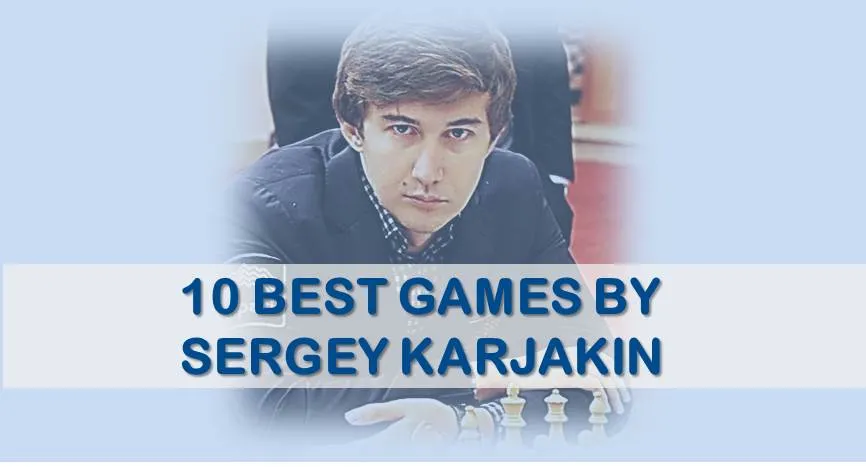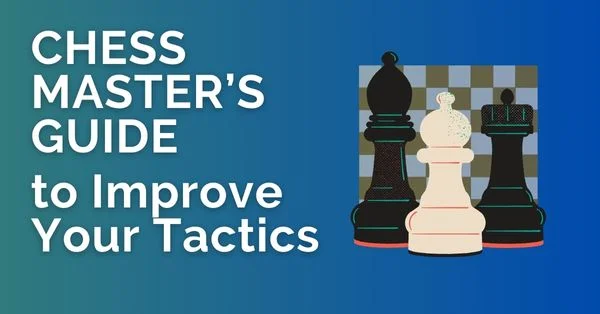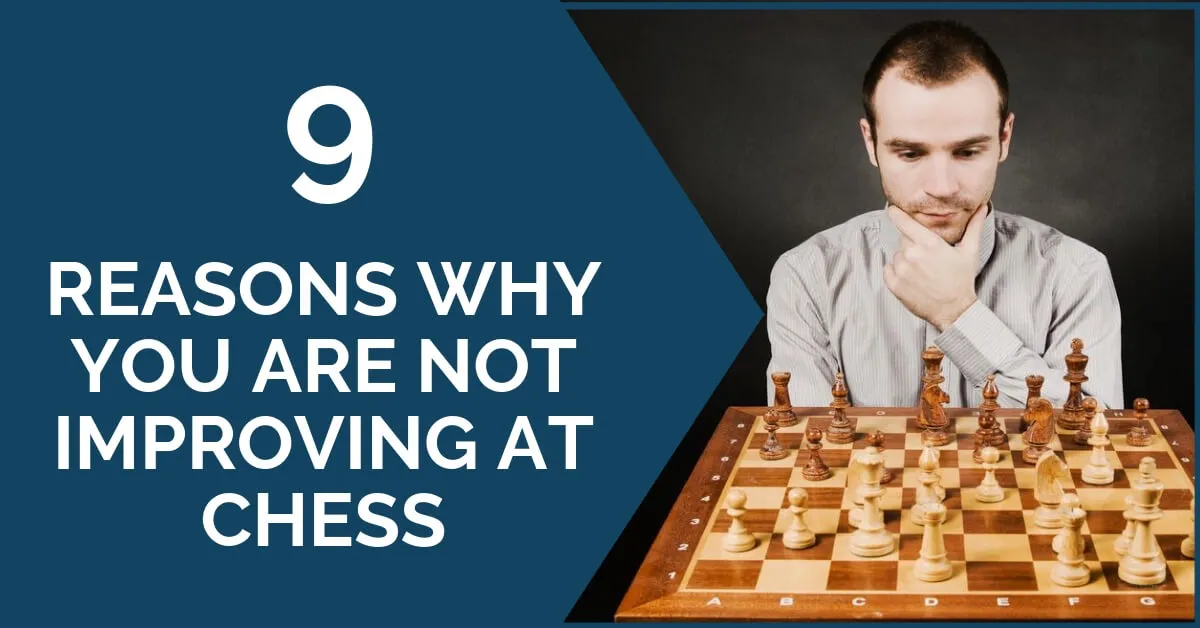Let’s Build A Next Generation Of Problem Solvers

It’s safe to say that every parent wants their children to have the best advantages in life. We want our children to be able to stand on their own two feet, solving problems that come their way on the fly.The chess board is an excellent training ground for developing this skill.
The last thing we want is for our next generation to sit around and wait for someone else to take responsibility for a situation and solve the problems that crop up. These people would lack courage and integrity, having little confidence in their ability to create solutions.
When you play chess, you’re on your own. It’s just you and your opponent. There’s no one there feeding you answers, guiding you along to the next move. That would be cheating. No, you either figure out how to defend an attack or you lose. It’s pretty simple.
I remember when one of my students asked me, “Will this position come up in another game?” I looked into his eyes and knew he wondered if the lessons he learned in one game could be used in another. It was a valid concern and showed his strong intelligence.
I explained to him that although the exact position probably wouldn’t come up again, other ones with similar themes would appear again and again. Learning how to tackle problems in one game will most certainly help you in future ones. I showed this boy common themes that he’d probably seen before and would see again.
It is always a good idea for chess students to go over their games with someone who is more experienced, someone who can help them spot weaknesses and strengths in their play.
Once one knows what works and doesn’t work, one can begin to build from that and solve more difficult problems on the chess board. It gets to a point where one can look at a position and spot the best moves quickly, throwing out the ideas that won’t work. This ability to analyze is priceless.
That student’s eyes lit up! He immediately recognized the patterns we were discussing and became excited. At that moment he said, “You know if I practice some of these techniques at home, I bet I could win more!”
I have to tell you that this was one of the most exciting moments for me as a chess coach. He was embracing the idea of doing chess homework and could see the benefits it would bring. This basic lesson could carry over into his life and benefit him greatly.
Ever since I was a child problem solving was fun for me. It was a game that sparked a challenge deep within me, one I relished. I wish to share that joy with the next generation and hope they can use these skills to solve some of the problems they will face in the future.
*******
Laura Sherman wrote Chess Is Child’s Play with Bill Kilpatrick. Chess Is Child’s Play teaches any parent, of any skill level, to teach any child, of any age, to play chess. This book will be released April, 2012.










Comments: